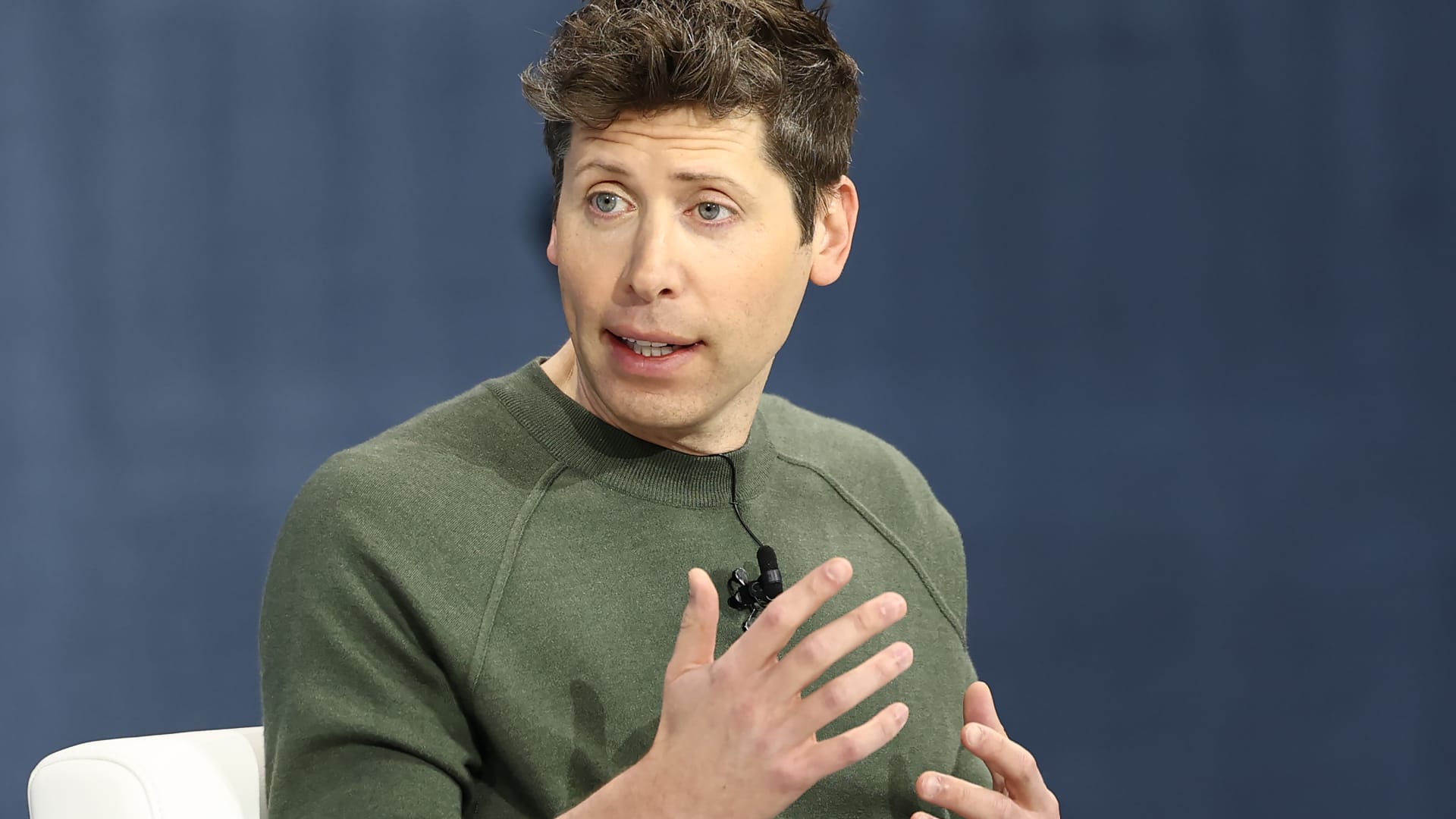Artificial intelligence chatbots can write scripts or poems that emulate the styles of Quentin Tarantino and Rupi Kaur in a matter of seconds.
When that happens, the original creatives should get paid for how their work contributes to large language models — much like Name, Image and Likeness (NIL) deals for college athletes, OpenAI CEO Sam Altman said at the New York Times’ DealBook Summit on Wednesday.
“I think we do need a new [standard] for how creators are going to get rewarded,” said Altman, whose company develops and runs the ChatGPT chatbot. “We need to find new economic models where creators can have new revenue streams.”
Developing such an economic model could be a difficult task, for myriad reasons — from establishing fair compensation structures and getting creatives to opt in to creating guardrails against potential system abuse. It’s unclear if, or when, paying people for how their work contributes to AI models would become the norm.
DON’T MISS: The ultimate guide to earning passive income online
OpenAI has been a subject of scrutiny on this front for the past few years. Multiple newspaper publishers, including The New York Times, are currently suing it and Microsoft for copyright infringement, over unpermitted use of published articles.
Altman embraces the challenge, he said: “A particular passion of mine has always been, can we figure out how to do micropayments where, if you generate a story in the style of [a writer, they] can opt into that … and get paid for it.”
He isn’t the only tech leader publicly discussing the issue of content creator compensation. AI startup ProRata, for example, is developing an answer engine that’ll pay a percentage of the company’s revenue to content creators whose work appears in its responses, founder and CEO Bill Gross told CNBC’s “Squawk Box Europe” in November.
“AI is powerful and unstoppable, but it’s also unfair,” said Gross. “Creators and consumers both deserve protection … So we came up an algorithm to take a look at the output of large language models and generative AI, and figure out how much contribution was given from each piece of content, on an actual percentage basis, and then [we’ll] share revenue pro rata that way.”
It’s unclear how much ProRata would pay individual creators — or how it could usurp more established answer engines like Perplexity or chatbots like ChatGPT — but its partners already include publishers like the Financial Times, The Atlantic and Axel Springer. Those three publishers have also inked partnerships with OpenAI.
Want to make extra money outside of your day job? Sign up for CNBC’s online course How to Earn Passive Income Online to learn about common passive income streams, tips to get started and real-life success stories.
Plus, sign up for CNBC Make It’s newsletter to get tips and tricks for success at work, with money and in life.






